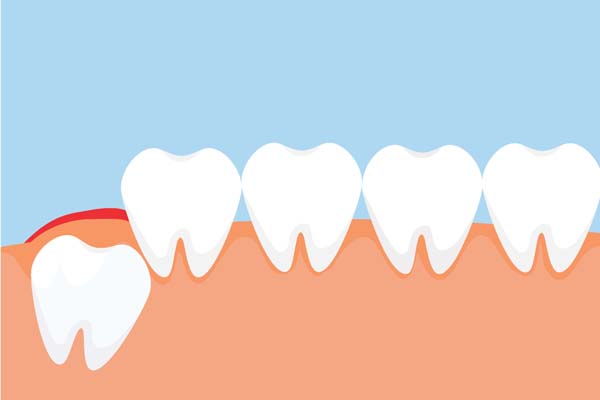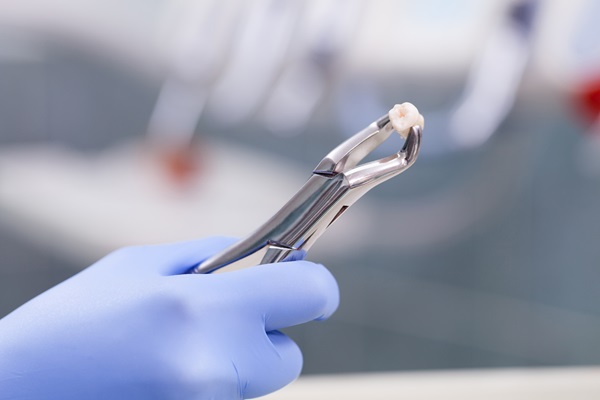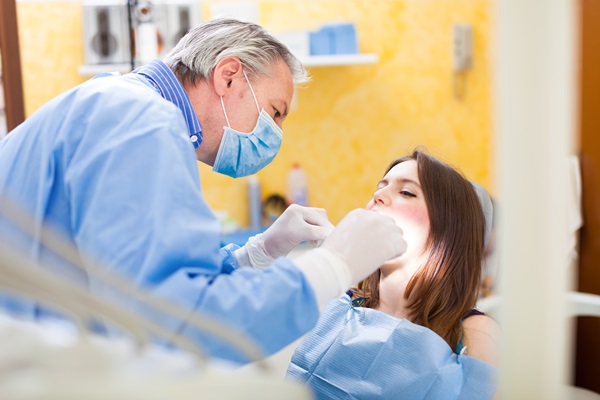At What Age Should You Have Your Wisdom Teeth Out?

The are a third set that almost always come in during the late teenage years. There is not naturally enough room in the oral cavity for wisdom teeth to grow in, which is why extraction is usually advised and performed. To learn more about when exactly wisdom teeth should be removed, continue reading.
Understanding when wisdom teeth need to be removed
Below is a quick overview of when wisdom teeth need to be extracted. The following information highlights the general age of individuals requiring extraction. Additionally, specific information is provided to help better understand the timeline.
On average
In general, dentists and oral surgeons usually recommend extraction of the wisdom teeth between the ages of 16 and 25, depending on when the eruption takes place. It is worth noting that some people live with their wisdom teeth even past these ages; however, it is advised to do it between 16 and 25 because after 25, the roots start to permanently attach themselves. When the roots are permanently attached, extraction can be challenging and extremely painful.
Specifics
While the age of the patient does matter, what really determines when wisdom teeth are removed is the symptoms. Outlined below are some of the most common symptoms that individuals with erupted wisdom teeth experience.
- Discomfort or pain
- Crowding of the adult teeth
- Irritated and inflamed gums
- The adult teeth may begin to shift
- Infection
Because there is not enough natural space in the oral cavity, the result is typically impaction, which means the wisdom teeth get stuck behind the already-existing adult teeth. Impaction presents itself through the symptoms listed above, all of which can be unbearable to live with, thus resulting in a need for extraction.
Other things to know
When needing a wisdom tooth extracted, it is important to know that not all erupt. And, in some scenarios, none will! The majority of people experience the need for their wisdom teeth to be removed; however, there are plenty of individuals who never experience eruption or impaction, which means removal is never required.
Additionally, it is necessary to understand that the information provided above will vary per person. For example, some people experience the eruption of their wisdom teeth as young as 13 or 14. In this case, extraction is recommended as soon as possible, as it ensures less time for the roots to grow in. Another example is that some individuals experience eruption, but not impaction, which means they may not experience the uncomfortable symptoms. Nonetheless, it is still recommended that the removal take place.
Find out more about wisdom tooth removal
Those who feel like their wisdom teeth need to be removed should consult with a dental professional right away. When the wisdom teeth begin to erupt, it is important to never ignore the signs. Additionally, it can be helpful to undergo a consultation during the early teenage years, as this can be helpful for preparing. Any questions or concerns can be addressed. To learn more or to get scheduled for an appointment, reach out today.
Request an appointment here: https://brighton.drjstearns.com or call Platte Valley Oral Surgery at (303) 997-0223 for an appointment in our Brighton office.
Check out what others are saying about our dental services on Yelp: .
Recent Posts
You might have heard the term “wisdom tooth extraction” often. However, you might not know that every type of extraction does not require surgery. Some kinds only require a simple procedure. Keep reading to find out more about what a wisdom tooth extraction from an oral surgeon involves.In many cases, the wisdom teeth can be…
Corrective jaw surgery (also called orthognathic surgery) is performed by an oral surgeon to correct different forms of skeletal and dental issues, including jaw and teeth misalignment. The aim is to improve oral functions such as breathing, speaking, and eating. Although the surgery may improve the appearance of the patient's teeth significantly, corrective jaw surgery…
If you are experiencing symptoms like jaw pain and stiffness, TMJ disorder might be the problem. This disorder can have a significant impact on your physical and mental health. The condition generally worsens without treatment. A TMJ specialist is a trained and experienced professional who offers treatment for TMJ disorders. Continue reading to find out…
Bone grafting is a minor surgical treatment done under local anesthetic to replace depleted bone tissue. The grafting material may be inserted into a tooth socket just after a tooth is removed or at a location where a tooth has been absent for an extended period. Over the next few months, your body will produce…


